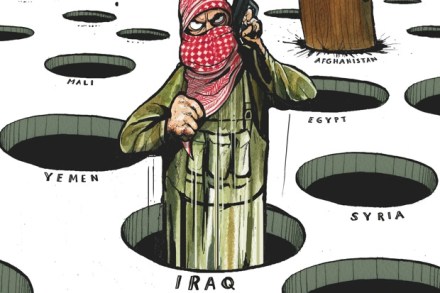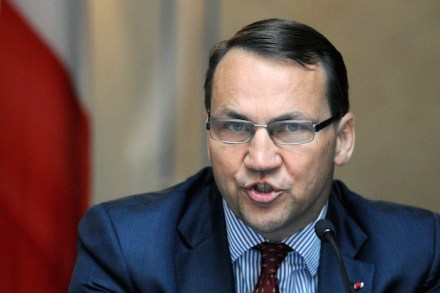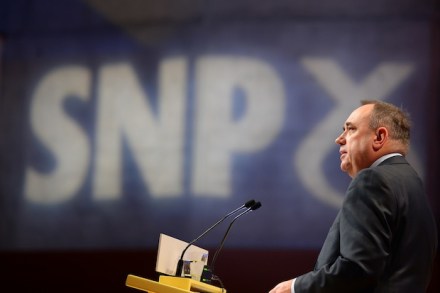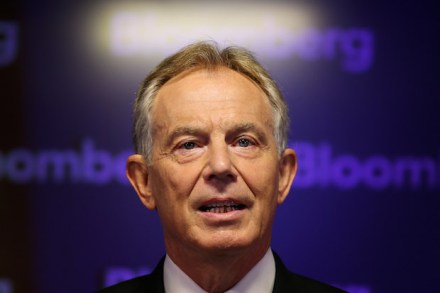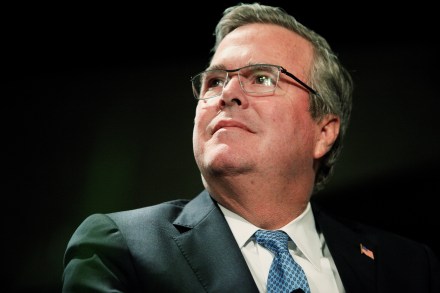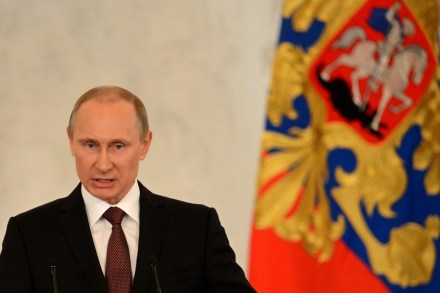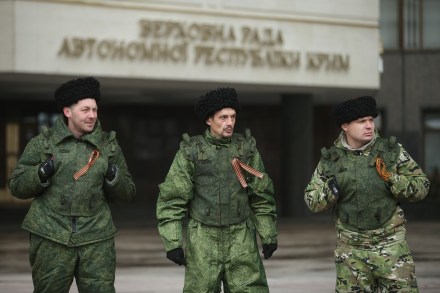Will America take up the job of whack-a-mole in the Middle East?
President Obama said recently that the United States cannot simply play ‘whack-a-mole’ in the Middle East. The only appropriate response to which is to say, ‘Yes you can.’ We can all understand why the President might be feeling a little tired over all this. For nearly six gruelling years he has been calling the troops home and declaring that the war is over. Making that speech repeatedly, with the facts so continuously contradicting it, might get to anyone. The successful raid on the bin Laden compound in Pakistan was meant to have put an end to al-Qaeda. Iraq was meant to have been solved when President Obama ordered US troops
